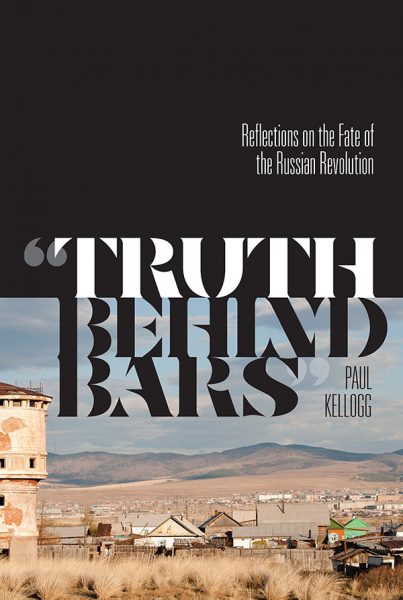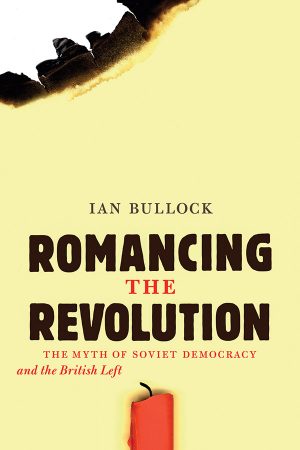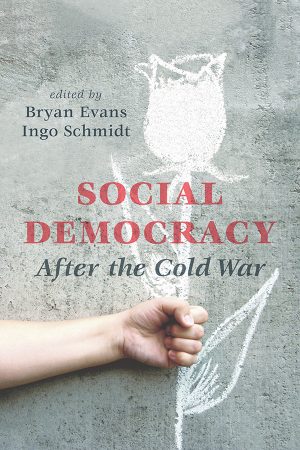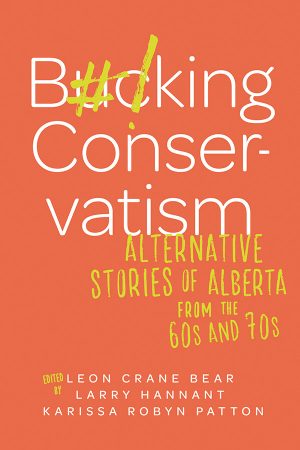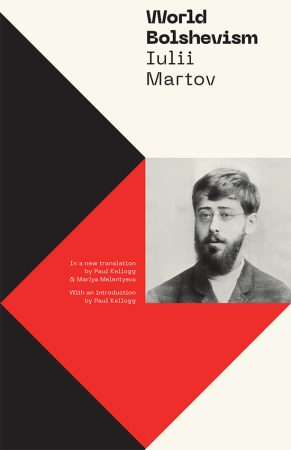Subjects: History, Political History, Political Science, Political Theory, Russian History
Imprint: AU Press
- 9781771992459 (paperback)
- 9781771992466 (pdf)
- 9781771992473 (epub)
Just north of the Arctic Circle is the settlement of Vorkuta, a notorious camp in the Gulag internment system that witnessed three pivotal moments in Russian history. In the 1930s, a desperate hunger strike by socialist prisoners, victims of Joseph Stalin’s repressive regime, resulted in mass executions. In 1953, a strike by forced labourers sounded the death knell for the Stalinist forced labour system. And finally, in the late 1980s and early 1990s, a series of strikes by new, independent miners’ unions were central to overturning the Stalinist system.
Paul Kellogg uses the story of Vorkuta as a frame with which to re-assess the Russian Revolution. In particular, he turns to the contributions of Iulii Martov, a contemporary of Lenin, and his analysis of the central role played in the revolution by a temporary class of peasants-in-uniform. Kellogg explores the persistence and creativity of workers’ resistance in even the darkest hours of authoritarian repression and offers new perspectives on the failure of democratic governance after the Russian Revolution.
A significant achievement in understanding both the nature of the Soviet Union and the freedom struggles that ultimately led to its demise.
Peter Hudis, author of Frantz Fanon: Philosopher of the Barricades
Kellogg has written an intellectual tour de force—engaging, compelling, controversial, and erudite—, the result of a lifetime of thought about the hope and horror generated by the Russian Revolution. Through a close and original survey of classic left literature, it triumphs self-liberation over substitutionism, democracy over dictatorship, and the centrality of moral means to good ends.
Ian D. Thatcher, Ulster University
Awards
- 2023, Winner, Society for Socialist Studies’ Errol Sharpe Book Prize
- 2022, Short-listed, Wallace K. Ferguson Book Prize
Table of Contents
- Preface: On Forgetting to Read Solzhenitsyn
- Acknowledgements
- A Note on Translations and Transliterations
- Introduction: Hope and Horror
- Part I. Vorkuta: Anvil of the Working Class
- 1. One Long Night, 1936–38
- 2. Striking Against the Gulag, 1947–53
- 3. The Vengeance of History, 1989–91
- Part 2. Self-Emancipation Versus Substitutionism
- 4. The Peasant-in-Uniform
- 5. The Agrarian Question
- 6. Poland and Georgia—The Export of Revolution
- 7. Germany and Hungary—The United Front
- Part 3. The Rear-View Mirror
- 8. Trotsky on Stalinism: The Surplus and the Machine
- 9. A Movement’s Dirty Linen
- 10. Lenin—Beyond Reverence
- 11. Intellectuals and the Working Class
- Conclusion: Ends and Means
- Notes / Bibliography / Index
This work is licensed under a Creative Commons License (CC BY-NC-ND 4.0). It may be reproduced for non-commercial purposes, provided that the original author is credited.
